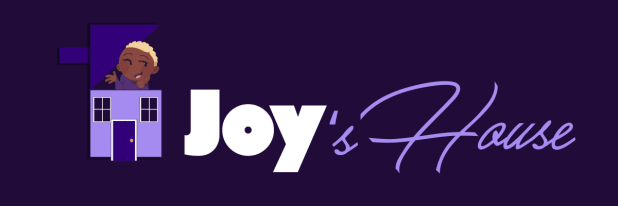TJRS June 30: Show Notes
Behind the Big Billionaire Looting bill
On Monday night’s show, we dove into Trump and Republicans Big Billionaire Lootathon, which proposes to gut Medicaid and throw millions of Americans off of their only health insurance lifeline, in order to gift the Bezos, Musk, Zuckerberg and Trump billionaire class with a permanent, deep tax cut. The cost to ordinary taxpayers? At least $3 trillion.
Mo…



